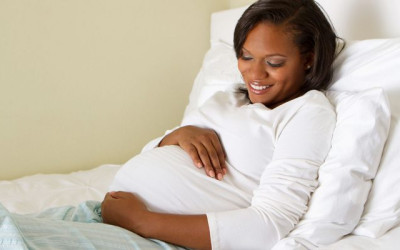


Last Updated on August 01, 2025
Get Support
Stress caused by a traumatic pregnancy and delivery can often override the ability to emotionally cope.
If you are looking for emotional or informational support, we are here for you.
- Call us at 321-421-6957 Monday through Friday from 9 am to 5 pm to speak with a staff member.
- Read stories from our survivor community
- Ask a support question
- Help others struggling with preeclampsia by sharing your story
- Check out our birth trauma resources
Get Expert Answers

Have questions about preeclampsia or other hypertensive disorders of pregnancy? Connect with members of our medical advisory board. Our health professionals, based both nationally and internationally, and representing the diversity of thought in this field, are specialists in preeclampsia and can help you gather information to discuss with your doctor or midwife.
To ask our experts a question, just email expert@preeclampsia.org. Or, connect with a medical expert in your area by using our Expert Directory!
Please remember, information given by our experts is not intended to replace the care given by a medical professional. You should never make medical decisions based on the guidance of our experts without the support and approval of your healthcare professional. When in doubt, contact your doctor or certified midwife.
Toll-free Maternal Mental Health Hotline
Need to talk about your feelings during pregnancy or the postpartum period? Check out the U.S. Health and Human Services Department’s Health Resources and Services Administration (HRSA) Maternal Mental Health Hotline, a confidential, toll-free hotline for expecting and new moms experiencing mental health challenges launched in 2022. The hotline is accessible by phone or text at 1-833-TLC-MAMA (1-833-852-6262) in English and Spanish. TTY Users can use a preferred relay service or dial 711 and then 1-833-943-5746.
The Maternal Mental Health Hotline is not intended as an emergency response line and individuals in behavioral health crisis should continue to contact the National Suicide Prevention Lifeline at 1-800-273-TALK (8255).
Related Articles

Doulas can help bridge the gap for any mom, but especially those most vulnerable to maternal illness and death.

Stories of our brave women and families who have been affected by preeclampsia and HELLP syndrome. Please note that due to a technical issue, we are currently fixing the images on this page.

What is Preeclampsia? Preeclampsia is a hypertensive disorder that occurs only during pregnancy and the postpartum period and affects both the mother and the unborn baby. Affecting at least...

Birth Trauma Resources Between 25 and 34 percent of women report that their births were traumatic. A traumatic birth experience is defined by circumstances in which the individual patient bel...

How does preeclampsia affect health after pregnancy? Preeclampsia doesn’t always end with delivery. It is now recognized as an early warning sign for future cardiovascular disease. Women who h...

Shattered Expectations: What happens after the unexpected? You may have received the unexpected news that you have preeclampsia or another hypertensive disorder of pregnancy. Maybe labor complic...

Even after more than twenty years, Mavis “Mae” Stephens, a 3x preeclampsia survivor, vividly remembers the challenges she faced during her pregnancy with her second son. She did everything...

Recientemente, me encontré con una publicación en las redes sociales señalando la crisis de salud maternal desde la perspectiva de una mujer negra. Una persona respondió a...

Meghan Markle is opening up about her experience with postpartum preeclampsia in the debut episode of her new podcast, Confessions of a Female Founder. In the episode with her first guest and clo...

